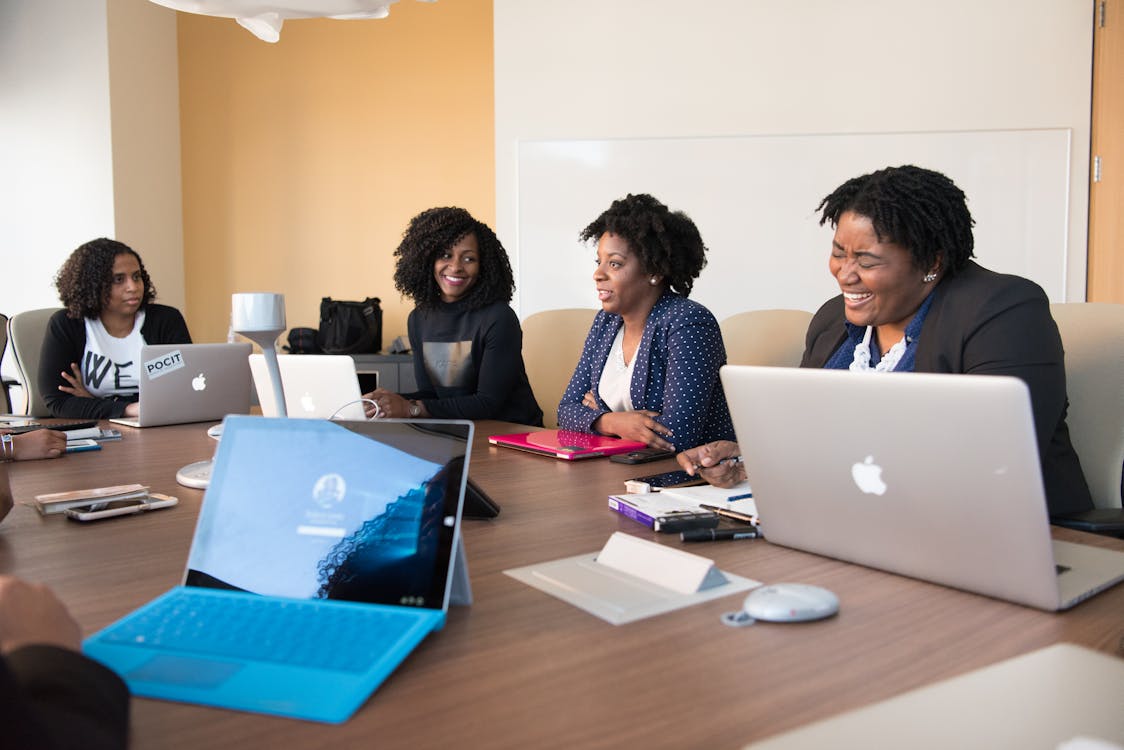Listening and empowering individuals from marginalized or underrepresented groups is crucial for promoting diversity and inclusion. It involves creating spaces where their voices are heard, their experiences are valued, and their perspectives are taken into account. Here are some ways to practice listening and empowerment:
1. **Create Safe Spaces**: Establish safe and welcoming environments where individuals feel comfortable sharing their thoughts, feelings, and experiences without fear of judgment or reprisal. Encourage open and honest dialogue, and actively listen to what others have to say.
2. **Practice Active Listening**: Practice active listening by giving your full attention to the speaker, maintaining eye contact, and showing empathy and understanding. Avoid interrupting or imposing your own opinions, and instead, focus on truly understanding and validating the experiences of others.
3. **Amplify Voices**: Amplify the voices of marginalized individuals by providing platforms for them to share their stories, ideas, and perspectives. Actively seek out and invite their input in discussions, meetings, and decision-making processes, and ensure that their contributions are valued and respected.
4. **Acknowledge Privilege**: Acknowledge your own privilege and the ways in which it may influence your perspectives and experiences. Use your privilege to uplift and empower others, rather than overshadowing or silencing their voices.
5. **Provide Support**: Offer support and encouragement to individuals from marginalized groups, especially in environments where they may face discrimination or exclusion. Be an ally and advocate for their needs and rights, and offer assistance in overcoming barriers and challenges.
6. **Empowerment through Education**: Empower individuals by providing access to education, resources, and opportunities for skill-building and personal development. Invest in programs and initiatives that promote education and empowerment among marginalized communities, and advocate for policies that support equal access to education and training.
7. **Collaborative Decision-Making**: Involve individuals from marginalized groups in collaborative decision-making processes and leadership roles. Encourage participation and ownership, and ensure that diverse perspectives are represented and considered in all aspects of decision-making.
8. **Challenge Inequities**: Challenge inequities and injustices whenever you encounter them, whether in your personal relationships, workplace, or broader society. Speak out against discrimination, bias, and oppression, and work towards creating a more equitable and inclusive world for all.
By listening to and empowering individuals from marginalized or underrepresented groups, we can create environments where everyone feels valued, respected, and empowered to thrive. Together, we can build a more inclusive and equitable society where diversity is celebrated and embraced as a source of strength and richness.




0 Comments